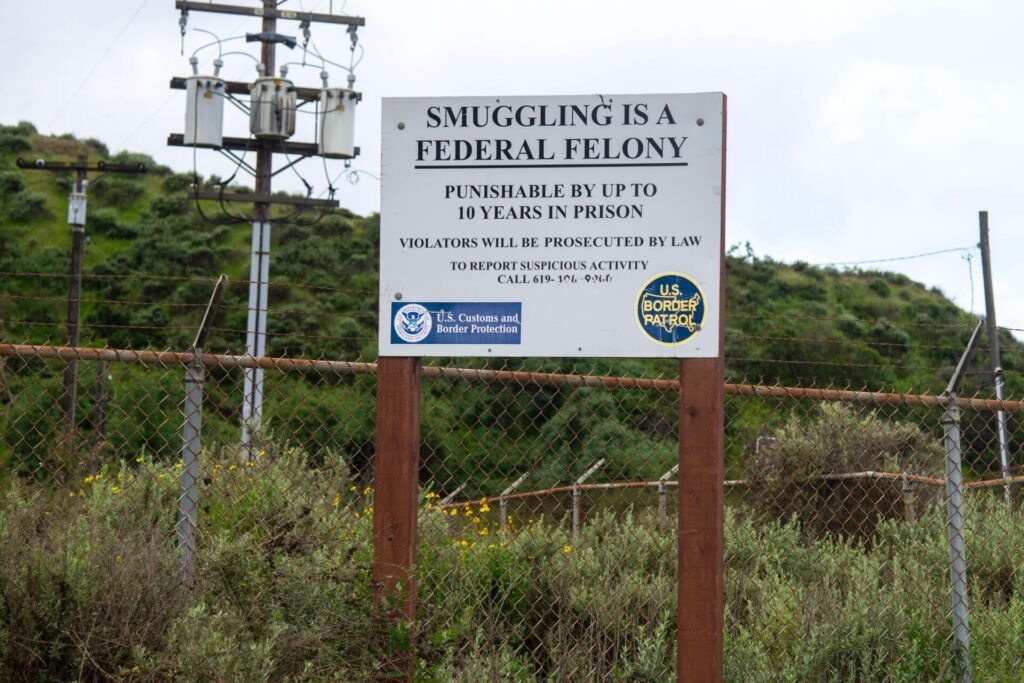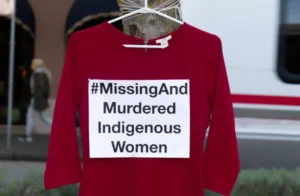A kingpin of the Sinaloa Cartel received a 28-year prison sentence on Friday for smuggling cocaine, methamphetamine, and opium into Alaska. Miguel Baez Javi Guevara, who had evaded American authorities for a decade, expanded his drug operations from Mexico before his deportation to the United States in 2021 under a grand jury indictment.
Following his 2014 indictment in Arizona, Guevara managed to avoid capture and fled to Mexico to continue his criminal activities. He used various tactics, including creating fake social media identities and encrypted communication channels, to recruit couriers in Alaska and smuggle large quantities of drugs into the U.S. Guevara’s arrest and deportation in September 2021 led to charges of drug conspiracy and ongoing criminal enterprise. He had previously pleaded guilty to similar charges in January.
The Sinaloa cartel kingpin employed coded language and pseudonyms to evade detection. Couriers transported drugs into Alaska using various methods, such as vehicles, mail, cargo containers, small boats, airplanes, and even cars. The state’s remote villages, with limited competition from other criminal networks, became prime targets for traffickers aiming to maximize profits. According to James Klugman, director of federal criminal prosecutions for the U.S. Attorney’s Office in Alaska, traffickers are drawn to Alaska due to the high drug prices and minimal competition.
Joel Rascone received a 120-month prison sentence, Serena Joseph was sentenced to 63 months, and Washahiotha Zaragoza got 18 months. The Justice Department is actively pursuing Daniel Rodriguez Montoya, Jazmin Adriana Olivares, Juanita Salazar, and Javier Armando Alvarez Pinuelas. These individuals are currently located in Mexico and remain fugitives. Guevara recruited Alaskan women as couriers, paying them in cash and drugs and using prepaid debit cards for travel expenses starting in 2016. His operation led to a significant rise in drug-related issues in Alaska, including a notable increase in overdose deaths.
Despite letters from supporters praising Guevara for his religious commitment and positive influence, U.S. attorneys highlighted his violent actions. They noted his involvement in ordering the shooting of a woman accused of drug theft. This violent behavior, combined with his extensive criminal record, contributed to his 28-year sentence. This sentence will run concurrently with any additional sentence he might receive in his Arizona case. Federal agents are still working to diminish the influence of the Sinaloa Cartel in the U.S. This effort follows the arrests of El Chapo in 2019 and his son and co-founder in July.








